CHAPTER 4 BIOLOGICAL TREATMENT OF SOLID WASTE
Chapter 4: Biological Treatment of Solid Waste . 2006 IPCC Guidelines for National Greenhouse Gas Inventories 4.5 . Step 1: Collect data on the amount and type of solid waste which is treated biologically. Data on composting and anaerobic treatment should be collected separately, where possible. Regional default data on
organic compounds (NMVOCs) from waste and end-of-life issues associated with fluorinated gases. The mitigation of GHG emissions from waste must be addressed in the context of integrated waste management. Most technologies for waste management are mature and have been successfully implemented for decades in many countries.
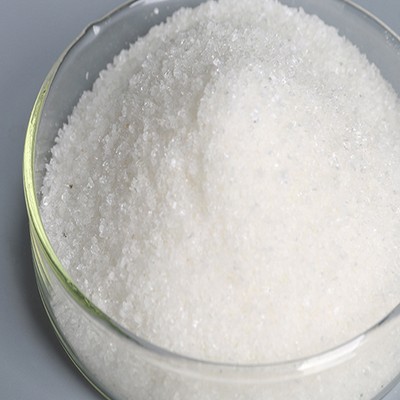
Waste Management & Research: SAGE Journals
About this journal. Waste Management & Research (WM&R) publishes peer-reviewed articles relating to both the theory and practice of waste management and research. Published on behalf of the International Solid Waste Association (ISWA) topics include: wastes (focus on solids), processes and technologies, management systems and tools, and policy and regulatory frameworks, sustainable waste
Get Price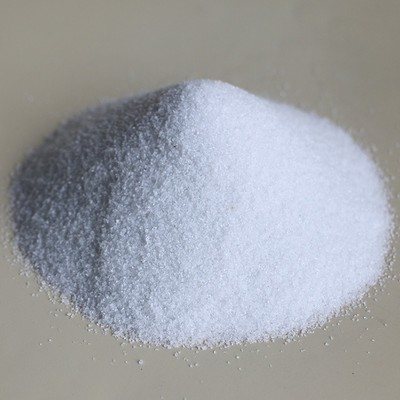
Accelerating the Deployment of Anaerobic Digestion to Meet
The U.S. places approximately 53% of its total municipal solid waste (MSW) in landfills, but state and local governments across the country are now setting ambitious environmental and waste diversion policies requiring, among other things, diversion and utilization of organics. Municipalities across the U.S. are employing anaerobic digestion (AD) as part of their strategy to divert organic MSW
Get Price
Microwave as an emerging technology for the treatment
Microwave is an emerging technology to treat biohazardous waste, including material from healthcare facilities. A screen of the peer-reviewed literature shows that only limited information may be found in this area of work and, furthermore, analysis of the references reveals that sometimes not all necessary aspects for the appropriate use of the technology are considered.
Get Price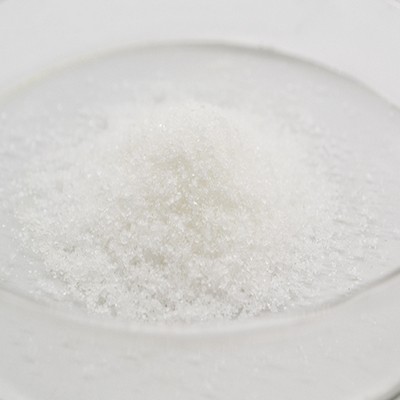
Journal Rankings on Agricultural and Biological Sciences
International Scientific Journal & Country Ranking. Only Open Access Journals Only SciELO Journals Only WoS Journals
Get Price
Solid Waste Management Practices in the Informal Sector
This paper contributes to the debate on the role of the informal sector in solid waste management by examining the effectiveness of informal sector solid waste management practices in transforming waste into nonwaste in the city of Gweru in Zimbabwe. The study focused on 589 informal enterprises that were surveys using questionnaire interviews and focus group discussions with key informants.
Get Price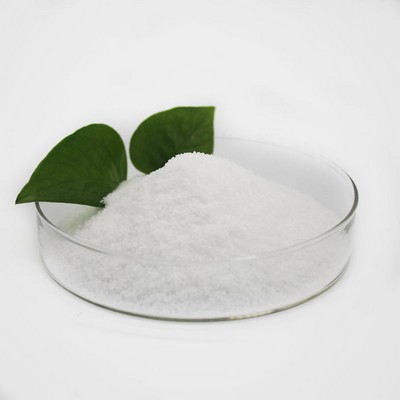
Human Hair “Waste” and Its Utilization: Gaps and Possibilities
Human hair is considered a waste material in most parts of the world and its accumulation in waste streams causes many environmental problems; however, it has many known uses. Preventing waste of such a material requires both addressing the problems in the current usage and developing its utilization systems at locations where they are missing.
Get Price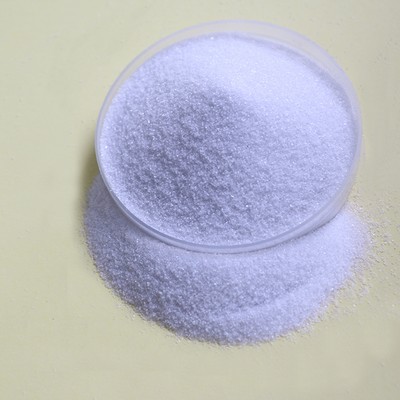
Takeshi NAKANO | PhD | Osaka University, Suita | Handai
A 'read' is counted each time someone views a publication summary (such as the title, abstract, and list of authors), clicks on a figure, or views or downloads the full-text.
Get Price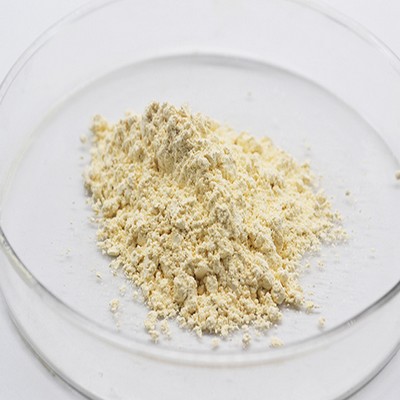
Plastics waste management in India: An integrated
the waste collection, separation, and transportation to the treatment facilities. Poor 27 performances in this aspect lead to fallout of the whole waste management system. 28
Get Price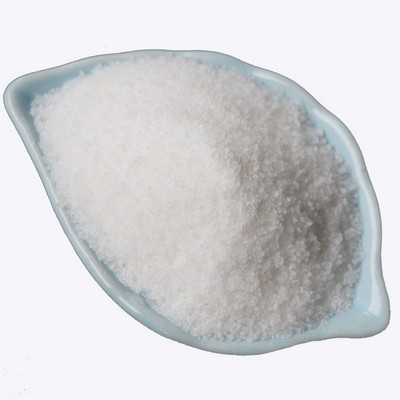
Utilization of byproducts and waste materials from meat
Treatment using commercial ferric sulfate as coagulant for this specific wastewater gave high organic matter removals, decreasing considerably the amount of waste material to be treated in biological systems, and also allowing the obtention of 0.83–0.87 kg of biomass fuel for each m 3 of treated wastewater (De Sena et al. 2008). Due to
Get Price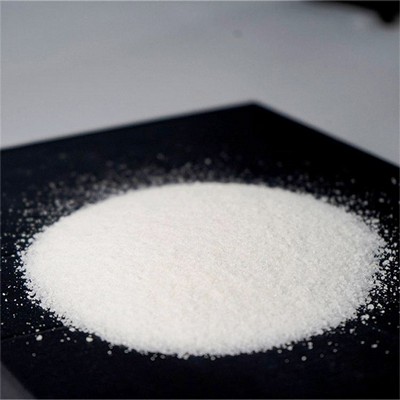
Takeshi NAKANO | PhD | Osaka University, Suita | Handai
A 'read' is counted each time someone views a publication summary (such as the title, abstract, and list of authors), clicks on a figure, or views or downloads the full-text.
Get Price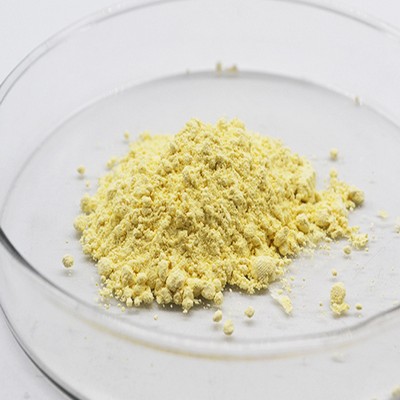
Journal of Environmental Management - Elsevier
The Journal of Environmental Management is a peer reviewed journal for the publication of original research related to managing environmental systems and improving environmental quality. All papers submitted to the journal must show a distinctive link with environmental management applications. Specific area of interest for the journal include:
Get Price
Solid Waste Management Practices in the Informal Sector
This paper contributes to the debate on the role of the informal sector in solid waste management by examining the effectiveness of informal sector solid waste management practices in transforming waste into nonwaste in the city of Gweru in Zimbabwe. The study focused on 589 informal enterprises that were surveys using questionnaire interviews and focus group discussions with key informants.
Get Price
Bio-based polymers for sustainable packaging
Bio-based Polymers for Sustainable Packaging and Biobarriers: A Critical Review. Karoliina Helanto, a,b, * Lauri Matikainen, a Riku Talja, b and Orlando J. Rojas a. Barrier materials have an important role in various packaging applications, especially considering the requirements associated with protection and shelf life.
Get Price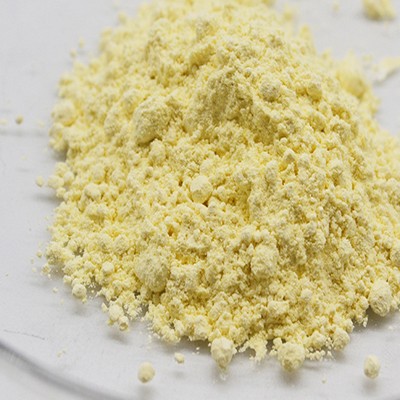
IntechOpen - Open Science Open Minds | IntechOpen
IntechOpen is a leading global publisher of Journals and Books within the fields of Science, Technology and Medicine. We are the preferred choice of over 60,000 authors worldwide.
Get Price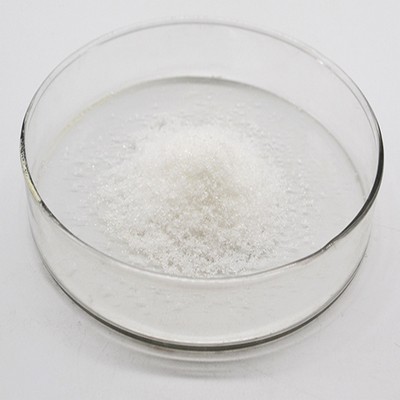
About - international Conference on Bioresource Technology
The 3rd Biennial International Conference on Bioresource Technology for Bioenergy, Bioproducts & Environmental Sustainability (BIORESTEC) will convene in May 2024, bringing together researchers in academia and industry, as well as policymakers, to discuss the progress made during the intervening two years and the latest trends in biotechnology, bioenergy, and biobased products.
Get Price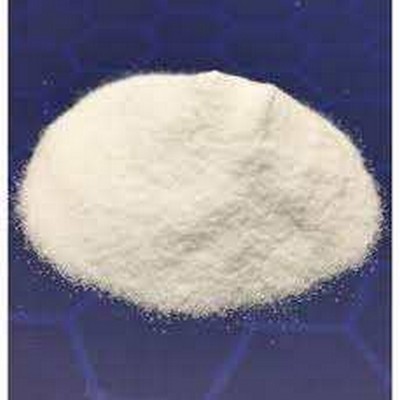
Viz Tools - Scimago Journal & Country Rank
Shape of Science. The Shape of Science is an information visualization project whose aim is to reveal the structure of science. Its interface has been designed to access the bibliometric indicators database of the SCImago Journal & Country Rank portal.
Get Price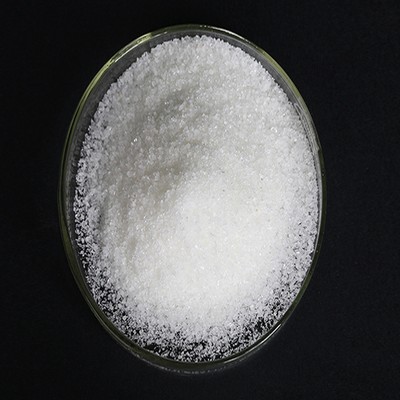
Utilization of byproducts and waste materials from meat
Treatment using commercial ferric sulfate as coagulant for this specific wastewater gave high organic matter removals, decreasing considerably the amount of waste material to be treated in biological systems, and also allowing the obtention of 0.83–0.87 kg of biomass fuel for each m 3 of treated wastewater (De Sena et al. 2008). Due to
Get Price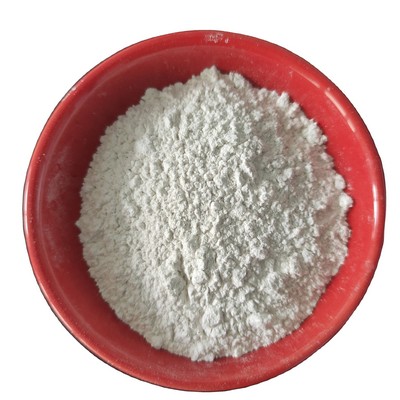
Bio-based polymers for sustainable packaging
Full Article. Bio-based Polymers for Sustainable Packaging and Biobarriers: A Critical Review. Karoliina Helanto, a,b, * Lauri Matikainen, a Riku Talja, b and Orlando J. Rojas a Barrier materials have an important role in various packaging applications, especially considering the requirements associated with protection and shelf life.
Get Price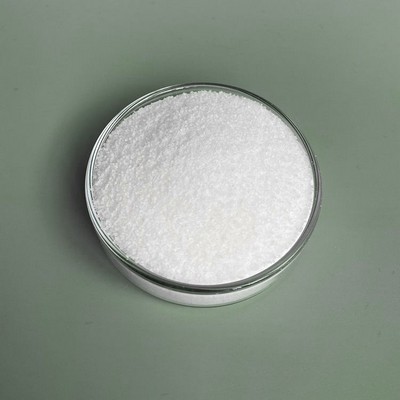
Sustainability, natural and organic cosmetics: consumer
With raw organic or organic ingredients, prepared or made with organic raw materials is at least 70% and at most 95% of the formulation components, discounting water, are certified organic. The remainder of the formulation may consist of water, natural raw materials coming from agriculture, extraction or non-certified allowed for organic
Get Price
About - international Conference on Bioresource Technology
The 3rd Biennial International Conference on Bioresource Technology for Bioenergy, Bioproducts & Environmental Sustainability (BIORESTEC) will convene in May 2024, bringing together researchers in academia and industry, as well as policymakers, to discuss the progress made during the intervening two years and the latest trends in biotechnology, bioenergy, and biobased products.
Get Price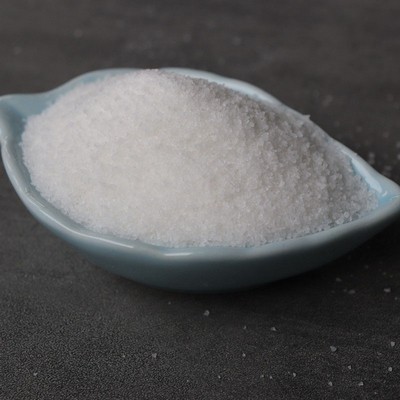
SOURCES, FATE AND EFFECTS OF MICROPLASTICS IN THE MARINE
science for sustainable oceans issn 1020–4873 90 reports and studies sources, fate and effects of microplastics in the marine environment: a global assessment
Get Price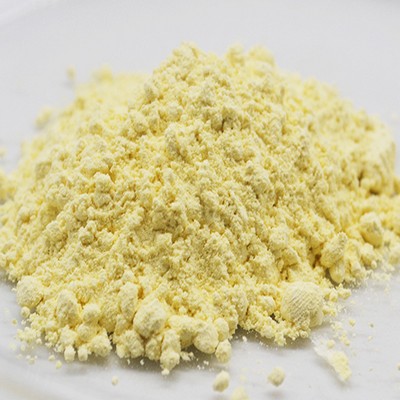
The Environmental Services Business: Big and Growing
In water and waste-water management - which accounts for up to 40% of the total environmental market, depending on the market definition used - the strongest demand is expected to be for automatic systems, secondary and tertiary treatment facilities, and waste-water technologies, particularly computer monitoring systems, aerobic systems for
Get Price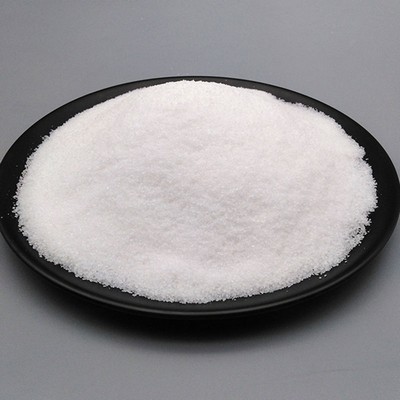
Water / Wastewater Systems Expert Witnesses
Tim Keane is recognized nationally and internationally as a Leading Expert on methods to Control, Mitigate and Assess the Risk for Legionella in building and industrial water systems. He has published articles and books on the subject and has co-written regulatory documents including the 2024 and the 2015 ASHRAE Standard titled: Legionellosis: Risk Management for Building Water Systems, 2005
Get Price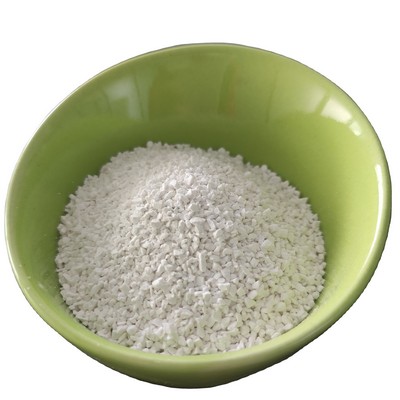
Scinapse | Academic search engine for paper
120,000+ registered researchers have found 0+ papers using Scinapse Covering 48,000 journals and counting. Users from over 196 countries and 1,130 affiliations use Scinapse
Get Price- What is organic polymer flocculant cationic polyacrylamide (CPAM)?
- The organic polymer flocculant cationic polyacrylamide (CPAM) has the characteristics of a low additive amount, good turbidity removal and water purification effect, and high COD removal efficiency, and it has become the most commonly used polymer flocculant in the oilfield wastewater treatment process [ 11, 12, 13, 14, 15 ].
- What is cationic polyacrylamide (CPAM)?
- J. Pharm. Biopharm.54 (2002) 41–50. 10.1016/S0939-6411 (02)00036-X Search in Google Scholar Cationic polyacrylamide (CPAM) was prepared in aqueous solution by free radical polymerization of methacryloyloxy ethyl trimethylammonium chloride (DMC) and acrylamide (AM). A redox initiator system was used.
- Why are cationic surfactants used in polyacrylamide adsorption?
- This is due to the addition of cationic surfactants in the suspension, as cationic surfactants can assist the polyacrylamide adsorption of suspended particles in wastewater through electrostatic action, whereby the more negatively charged suspended particles are in wastewater, the more pronounced is this auxiliary flocculation effect [ 36 ].
- Is CPAM a cationic microblock?
- It has been shown that the flocculation performance of CPAM is related to the distribution and sequencing of cationic units in the molecular chain (Feng et al. 2018b). The continuous arrangement of cationic units in CPAM can form cationic microblock structure.








